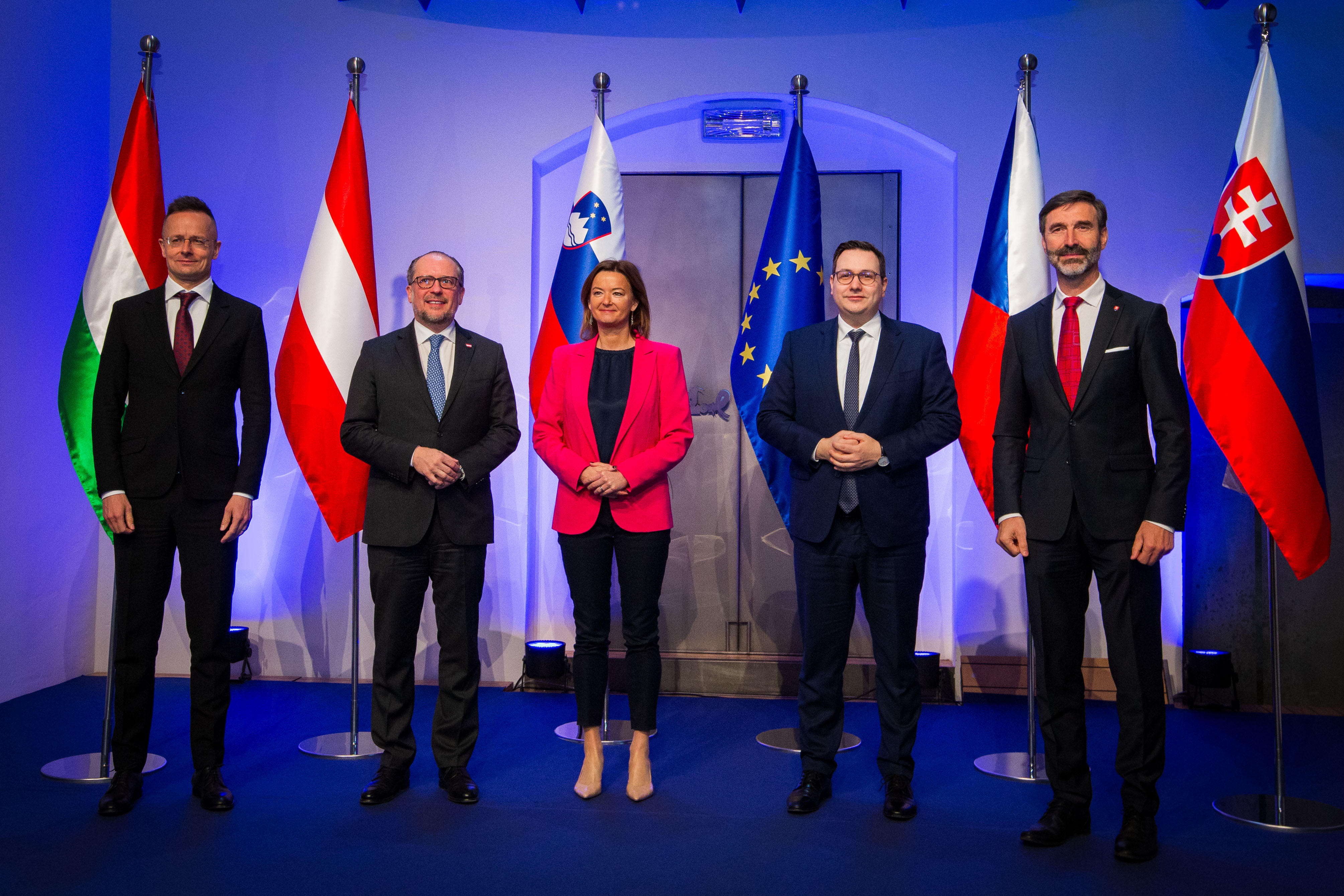In September 2022, pseudo-referendums were organized in Ukraine's occupied territories, in which allegedly more than 90 percent of the responding inhabitants decided that they want to be annexed to Russia.
Facts
A referendum is a tool for direct democracy, in which eligible voters decide whether or not to adopt or reject a law, a regulation, a proposal or a program. This is valid under the assumption that people vote freely, not under an armed threat.
Referendums on the annexation of Ukraine´s Donetsk, Luhansk, Kherson and Zaporizhia regions (18 % of the Ukrainian territory) do not meet the conditions of a legitimate referendum. The very substance of the referendum question already grossly violates international law. The sham referendums are an interference with the sovereignty, independence, sovereignty and territorial integrity of Ukraine. By occupying territories that followed these referendums, Russia also seriously violated international agreements to which it is a signatory, including the UN Charter, Geneva Conventions and the Budapest Memorandum, which explicitly prohibits aggression against Ukraine.
Pseudo-referendums in Ukraine were also held under the command of armed soldiers, without the presence of independent observers and without the need to identify voters. In addition, due to the war a significant part of the inhabitants fled or was displaced from these regions, and, as such, could not participate in the referendum due to objective reasons. There are moreover no independent public opinion polls in the occupied territories, while even after eight months of occupation the Russian army does not control the entire territory of all the four Ukrainians regions. A similar method was also used by Russia in 2014 in referendums followed by the illegal annexation of the Crimean Peninsula. The UN General Assembly (illegal annexation was confirmed by 143 countries in a resolution) condemned the illegitimate referendums in October.
Therefore, on no conditions can the referendums be considered as exercise of the right of self-determination.





